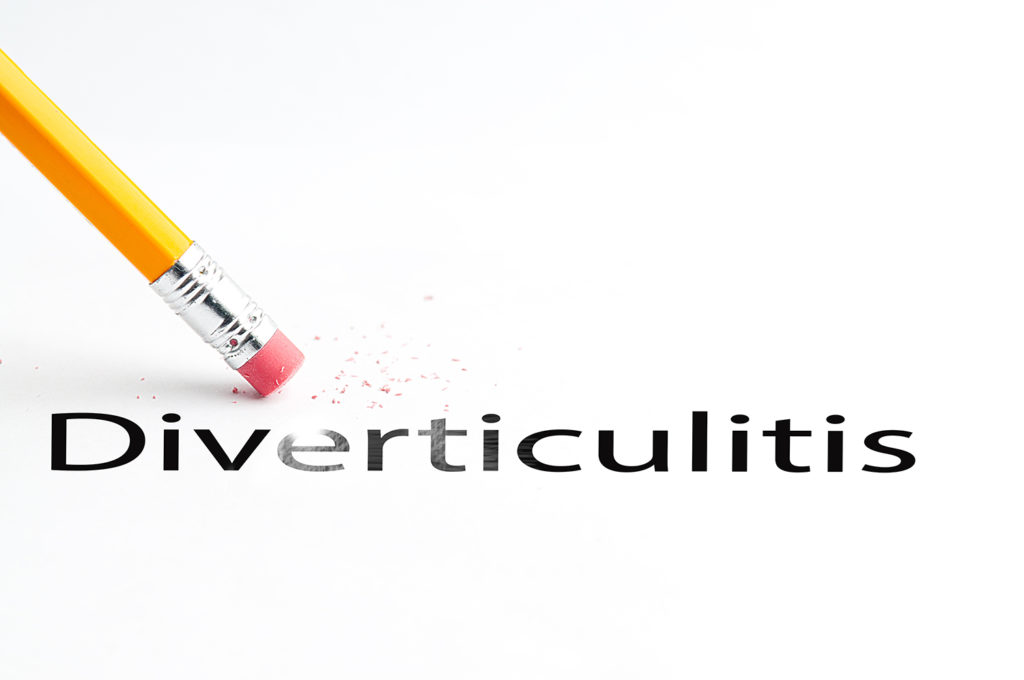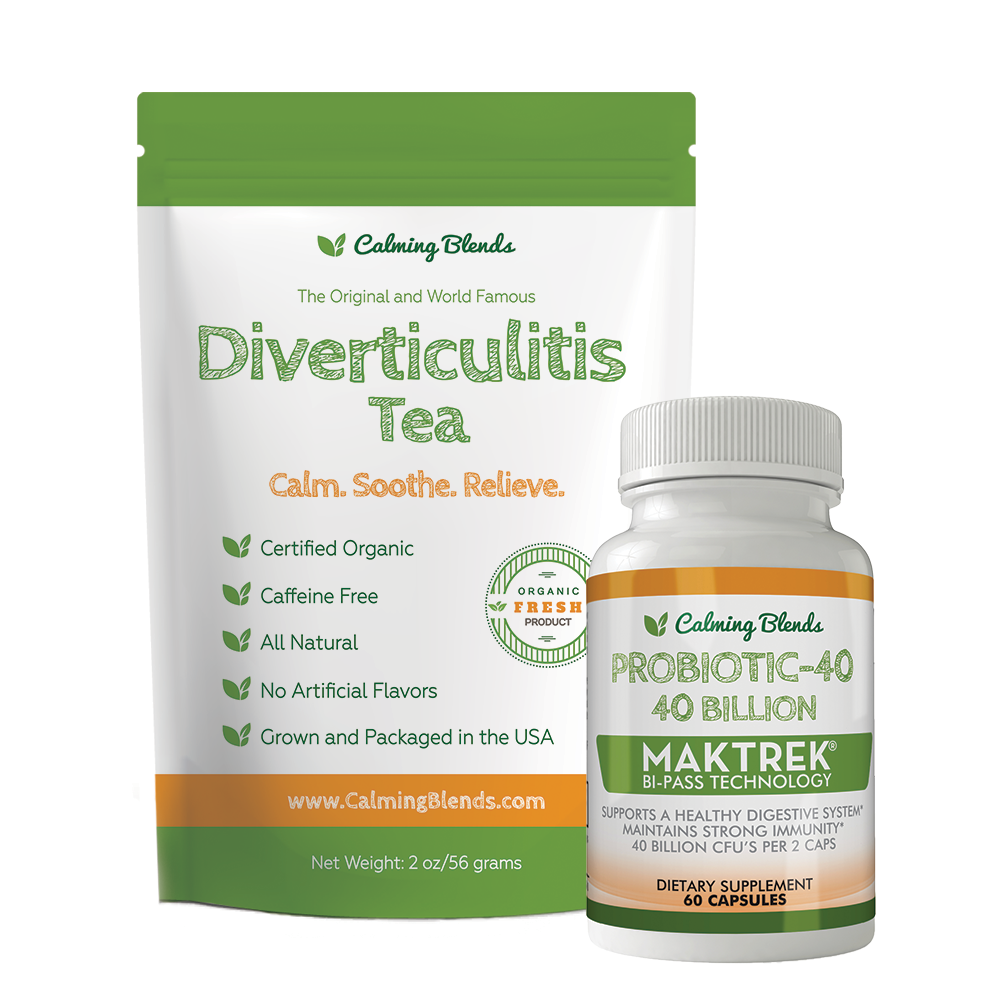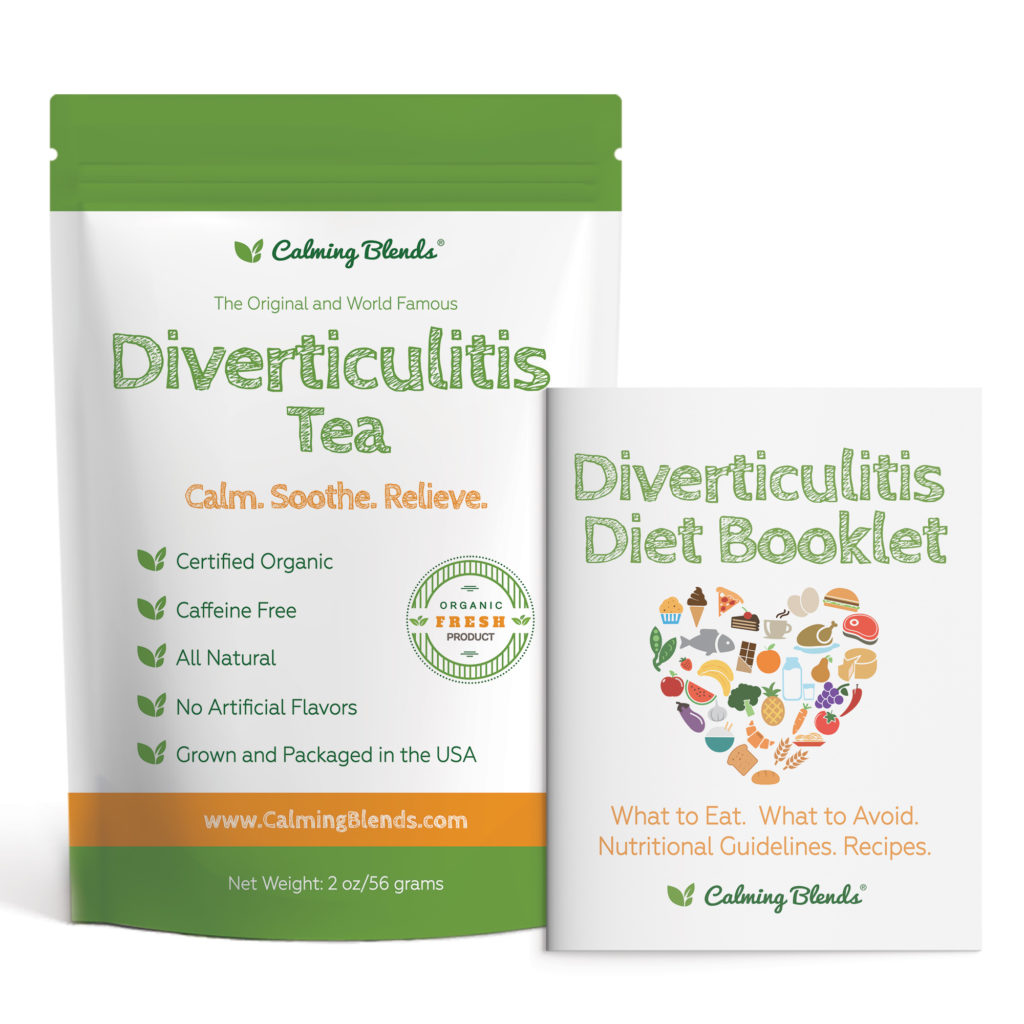What is diverticular disease?
Diverticulosis and diverticulitis are two different diseases with similar sounding names. Both fall under the umbrella of diverticular disease, a disease which primarily affects the colon.
Diverticulosis is the name given to diverticular disease when the patient has few if any symptoms. Diverticulitis is the more serious form of the disease when symptoms such as inflammation, bleeding, abdominal pain, internal leakage and infection begin to appear.
The word “diverticula” refers to the presence of sacs in the lining of the lower intestine (colon) and/or bowel. These sacs can be tiny or quite sizable. As they grow, they become more prone to perforation. Diverticula are most commonly formed during bouts of constipation when there is straining to eliminate.
Approximately 10 percent of people aged 40 to 60 may suffer from diverticular disease. This estimate increases to 50 percent for adults aged 60 or older. By the time most people turn 80, they will have some diverticula.
While diverticula formation becomes increasingly common with age, only about 20 percent of sufferers experience complications. Diverticular (rectal) bleeding is one of the most common complications, and is caused when small blood vessels become injured and begin bleeding. Often, the blood is first noticed when it appears with the bowel movement.
Diverticulosis is the other common complication. When the diverticula fill with waste, they can begin to swell or become abscessed or infected, causing uncomfortable and sometimes dangerous health symptoms.
What are the symptoms of diverticulosis?
Typically, patients have no symptoms at all, or perhaps just a slight tenderness or cramping in the abdomen.
What is the process for diagnosing diverticulosis?
In most cases, the patient will not even know they have diverticulosis. If a medical exam or test (for example, a colonscopy) is done for some other reason, the patient often finds out about the diverticulosis at that time.
What is the treatment for diverticulosis?
If there are no symptoms, no treatment is required for diverticulosis. However, once the patient is aware of the diverticulosis, care should be taken to avoid laxatives and enemas and to eat a high-fiber diet.
Can diverticulosis be prevented?
Preventing diverticulosis is possible in most cases. There are some things that can be done to help prevent diverticulosis:
- Eat a high-fiber diet (20 to 35 grams daily)
- Ensure regularity with elimination
- Always stay hydrated (drink at least 64 ounces of water daily)
- Manage stress
- Get sufficient sleep each night
- Get regular exercise
What is fiber?
Fiber is found in all plants and grains but cannot be digested by humans. As such, it passes through the digestive tract, helping to ensure smooth and regular bowel movements.
Some of the best high fiber foods are these:
- Whole grains
- Fruits
- Vegetables
- Brown rice
- Bran
- Legumes
What symptoms come with diverticulitis?
The symptoms diverticulitis patients report most commonly include abdominal cramping and tenderness and fever/chills.
How is diverticulitis diagnosed?
It is important not to wait to seek medical care if you think you may have diverticulitis. The sooner diverticulitis is diagnosed, the less severe symptoms tend to be.
Sometimes diverticulitis symptoms can be quite similar to other serious health conditions (i.e. stomach ulcers, IBS). Obtaining the correct diagnosis is important to match the treatment with the condition.
What tests are performed to diagnose diverticulitis?
The first step to obtaining a medical diagnosis is to have a physical exam by a qualified medical doctor. Be prepared to review your personal and family medical history. If you have kept notes about your bowel history, pain or symptoms, bring those for the doctor to review.
You should also bring a list of all medications and supplements you are currently taking. Before ordering any tests, the doctor will review this list and do a physical exam.
Tests commonly used to diagnose diverticulitis include these:
- X-rays
- CT scanning
- Ultrasound testing
- Sigmoidoscopy
- Colonoscopy
- Barium enema
- Blood tests.
If your rectal bleeding is significant, an angiogram may be ordered by a Gastroenterologist. A dye will be injected intravenously so the doctor can identify what is causing the bleeding internally.
What complications can indicate diverticulitis treatment is needed?
Patients who develop diverticulitis typically experience symptoms. The most uncomfortable and dangerous symptoms arise from perforations in the wall of the intestine. This allows waste to leak out into the abdominal cavity.
When this occurs, any number of more serious medical complications may arise:
- Abdominal infection (peritonitis)
- Small infections in the diverticula sacs (abscesses)
- Intestinal blockage (obstruction)
What is the best diverticulitis treatment?
There is always a chance diverticulitis symptoms may resolve without medical treatment. However, in most cases, the doctor will want to prescribe a course of antibiotics to reduce risks related to abdominal infection.
Depending on the severity of the infection, antibiotics may be administered orally at home or intravenously in a hospital setting.
While the infection is still active, it may also be advisable to eat a low fiber menu and stay fully hydrated to give the intestine and bowel time to heal. To help relieve symptoms of cramps, nausea, bloating and abdominal pain, the all natural herbal tea like Calming Blends tea can be taken up to three times a day. The herbs found in the tea have been known to help calm and soothe the intestinal tract.
If this initial treatment does not resolve the infection, and further tests reveal the presence of an intestinal perforation, infection, abscess or heavy bleeding, it may be necessary to perform surgery. The type of surgery recommended will relate to the unresolved issue.
- Presence of an Abscess. The goal will be to drain and clean the abscess
- Abdominal infection. The goal will be to clean out the infected matter and remove any part of the colon that is damaged beyond repair
- Complete blockage. The goal will be to remove the blockage and, if necessary, remove any part of the colon that is damaged beyond repair (if the blockage is only partial, surgery may not yet be required)





11 Comments. Leave new
Pain in stomach and Colin sets and no bowel movement 3 days
Today, I had a CT scan, my doctor told me I have diverticulitis. I found your website very informative and helpful.
I have been having thin bowels for about a week now no pain what do i do to take care of this,
The Real Person!
Author Calming Blends acts as a real person and passed all tests against spambots. Anti-Spam by CleanTalk.
Hi Anna. This could be nothing at all, but just to be on the safe side, please discuss with your doctor.
I am so glad I found your website because it was very informative and enlightened me to things I wasn’t aware of. I will be taking a CT scan in about a week to determine if this is indeed the problem.
I found out I have diverticulitis , & i found your your ansers on the internet . I am going to the doctor now & see what he has to say. Your answers were the best Thank You
The Real Person!
Author Calming Blends acts as a real person and passed all tests against spambots. Anti-Spam by CleanTalk.
Thank you for your kind words, Joan. All the best.
In the past I have been diagnosed with diverticulitis by with no problems. iabout a week I have been suffering with extreme bloating and a real acute pain down low on my left side. After reading your article it seems perhaps this is what it is…thanks…
MyDaughter-n-law was Diagnosed with this Diease this week she suffered with it about a week before going to the Hospital she was transferred to another Hospital because they thought she might have to have surgery, but it turns out they will treat with Antibotics and diet,seems this does’nt go away has to be a lifestyle change
3brazier
Just recently diagnosed by a body scan finding a Mild Colonic Diverticulosis. Talking with doctor in a week are so. Have no symptoms but want to stay on top of this so it does get worst. Wondered what you would recommend in the Tea area, what would be good to start with.